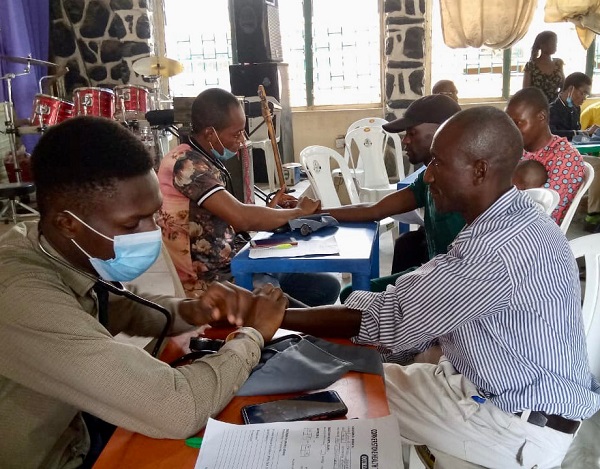
The 2024 ‘State of States’ report by BudgIT, Nigeria’s prominent civic-tech organisation, has brought to light severe gaps in healthcare funding and infrastructure across the nation. The report, unveiled on Tuesday in Abuja with the theme “Moving Healthcare Delivery from Suboptimal to Optimal,” underscores the need for a strategic overhaul in Nigeria’s healthcare financing and service delivery frameworks.
BudgIT’s head of research and policy advisory, Mr. Iniobong Usen highlighted that while Nigerian states collectively allocated N2.3 trillion to healthcare in 2023, only N1.39 trillion was spent, marking a 58.16 per cent budget performance. This underutilisation of funds indicates a chronic issue of unfulfilled healthcare financing commitments across Nigeria. Usen stressed that aligning budget allocations with actual expenditures is essential to improving health outcomes, as unspent allocations compromise the quality of care for millions.
The report further details critical shortages in healthcare infrastructure, particularly primary healthcare centers (PHCs), which make up 74 per cent of government-owned facilities in Nigeria. Although there are 27,022 PHCs serving an average of 8,960 people per facility, the uneven distribution and lack of adequate funding exacerbate access issues in rural areas. Usen noted that certain states, including Edo, Ekiti and Ogun, did not record any expenditure on medical equipment, which limits their ability to address local healthcare demands.
Human resource deficits remain another pressing concern, with some states, such as Taraba, having as few as one doctor for every 17,959 residents, significantly below the World Health Organisation (WHO) recommended ratio of 1:600. In states like Bauchi, only 10.9 per cent of healthcare facilities have a resident general medical doctor, highlighting a need for more equitable personnel distribution.
BudgIT’s report also identified infectious disease outbreaks as an escalating challenge for state health systems. For instance, in 2023, Borno State reported over 527,305 malaria cases, with 15,000 classified as severe. Other states continue to grapple with tuberculosis, cholera and measles, often without sufficient medical supplies and trained personnel to manage these diseases effectively.
To address these challenges, BudgIT recommends a reorientation of state-level financial strategies to reduce reliance on Federal revenue distributions and increase internally generated revenue (IGR). Public-private partnerships (PPPs) are also encouraged to bolster healthcare financing and infrastructure development. The report urges Nigerian states to implement transparent budget frameworks that ensure allocated funds are directed toward impactful health projects, prioritising rural and underserved communities.
Senior programme officer at the Bill and Melinda Gates Foundation, Dr. Mojisola Odeku highlighted the foundation’s support for Nigeria’s human capital development goals, including health, education and digital infrastructure. She stressed that health investments are foundational to sustainable development, while advocating for resource optimisation and community-driven accountability. BudgIT’s 2024 State of States report serves as a call to action for Nigerian leaders to address the urgent healthcare funding and infrastructure gaps. With the current economic and health challenges, there is a pressing need for innovative financial strategies to bridge these gaps and build a more resilient healthcare system for all Nigerians.

